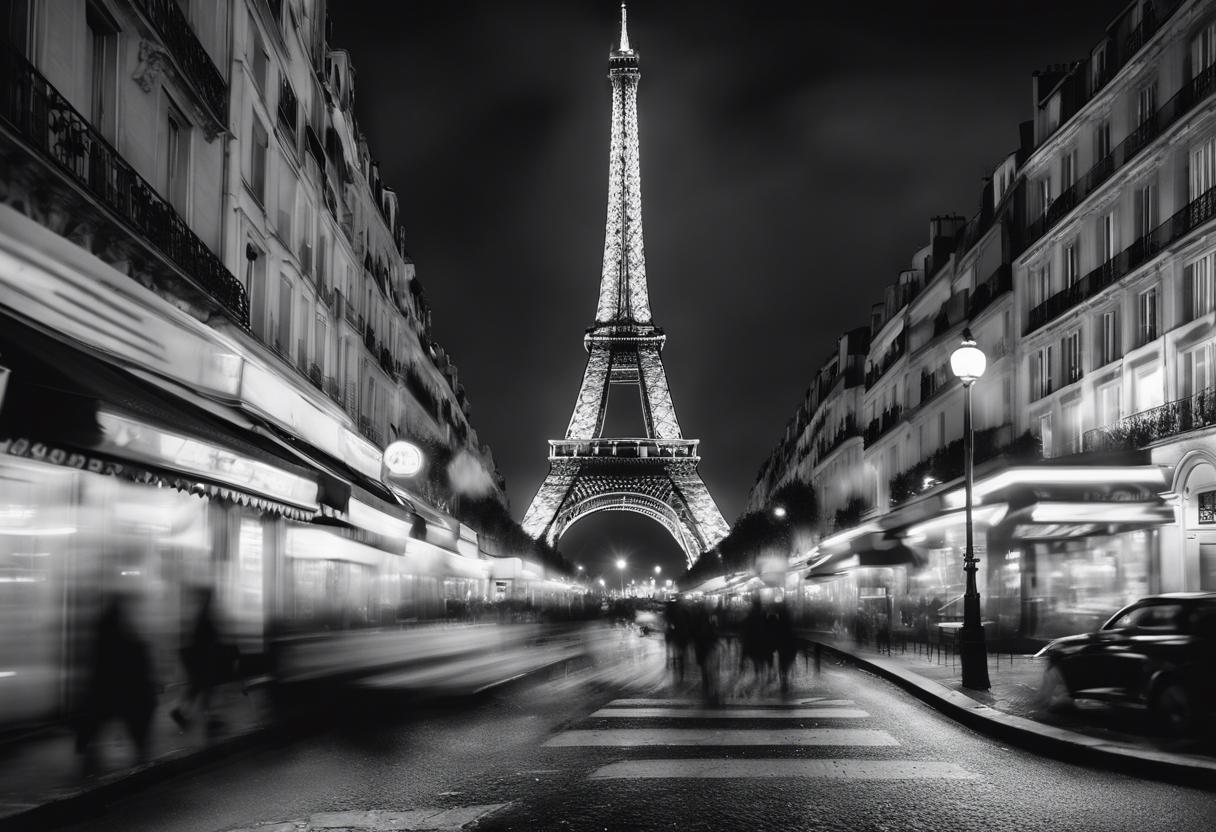Two early experiences served as cornerstones for Eoghan MacDonagh’s determination to reside and forge a career in Paris. His initial encounter was a language exchange, followed by an Erasmus year at Paris II Panthéon Assas university, during his law studies at Trinity College Dublin.
MacDonagh recollects feeling isolated in a strict French boarding school during his language exchange. However, his perspective changed when another pupil and his mother invited him to stay on their houseboat in the heart of Paris. He said, “The glimpse of their liberal life and the best aspects of Paris over several days was a small but defining moment of my time there. This experience rekindled my interest in learning French and most likely guided me on my current trajectory”.
Fast forward a few years during his Erasmus study, MacDonagh recalls the daunting realisation that half of his law degree examination would be in French. Thinking about returning home, MacDonagh credits a few encouraging pep-talks from his family and fellow students for his decision to stay. His French improved significantly after he joined the university’s rugby team as the only foreign player. He believes this specific year made the transition into Parisian work life much smoother when the appropriate time came.
When MacDonagh eventually moved to Paris, his adjustment was made less difficult through his diverse friendships with French natives and internationals. MacDonagh, a Gonzaga College alumnus, mentions how the difference in careers among his friends surprisingly made their friendships more vibrant and rich.
MacDonagh presently serves as a senior associate at the legal firm Clifford Chance, one of the renowned leaders in global law currently based in London. The firm is also a member of the famed “magic circle”– the top five law firms in London. MacDonagh, after joining the firm as a trainee in 2014, was one of fifty fresh graduates hired.
Upon reaching London, the city’s vastness and his exceptional colleagues and international flatmates overwhelmed him, MacDonagh recollects. Nine Irish graduates had joined Clifford Chance by coincidence at the same time as him, providing a comforting and friendly environment for him to adjust.
Now, a decade later, MacDonagh divides his time between London and his current location, the firm’s Paris office. The majority of his work revolves around international arbitration, sustainability, and climate change-related issues.
He was drawn to international arbitration due to its ability to present new legal challenges and what he calls “highly charged, thrilling incidents during oral advocacy”. The chance to delve into the workings of an industry or sector, largely through liaising and cross-examining specialists, is another aspect of his work that excites him.
His fascination with these subjects, along with a wider interest in politics and current affairs, led him to specialise in energy transition issues. He notes that efforts to combat climate change and transition to renewable energy sources aren’t constrained by geographical boundaries. Policymakers and courts from one region often draw inspiration from others while dealing with legal issues associated with these topics.
To stay updated, MacDonagh frequently reviews EU and UK climate policy and broader energy transition matters. He highlights the 2015 Paris agreement, stating that it outlined a collective goal for climate change mitigation, adaptation, and finance. However, he notes that the actual execution involves more intricate tasks via incentives and regulations, rising intriguing questions about the role and responsibilities of businesses and states in society, and the judiciary and legislature.
Earlier in the year, MacDonagh had the opportunity to experience working in Clifford Chance’s Amsterdam office for three months, which provided him a valuable understanding of a different city and work culture. He acknowledges the Dutch’s reputation for their directness, but praised his colleagues in Amsterdam for their exceptional warmth.
Although he misses Dublin, he asserts that it never feels too distant. He and his wife, Katherine, frequently return home and maintain strong ties with their Irish friends.
“Our parents both share an appreciation for all things related to France, an affinity that’s been beneficial, especially with us residing in Paris. This has also resulted in numerous Irish guests during sporting events. There’s always been a strong bond between the French and the Irish, and we’ve maintained a high reputation here.
France has experienced significant political turbulence recently, but the unifying impact of the Olympics stood out to us. Initially, there was firm opposition to the event, however, as it progressed, a significant sense of city pride emerged.
MacDonagh spends his free time running, cycling, tuning in to podcasts, and indulging in books. He is presently absorbed in reading Impossible City, a memoir by Simon Kuper who is a Financial Times journalist and moved to Paris in the early years of this millennium. The book aims to dissect the intricate aspects of Parisian culture, a task that MacDonagh describes as captivating yet infinite.
With the arrival of their firstborn daughter, MacDonagh has stepped into fatherhood. Alongside this new perspective, he is also planning a move back to the company’s London office by the end of the year as his term in Paris concludes.”

